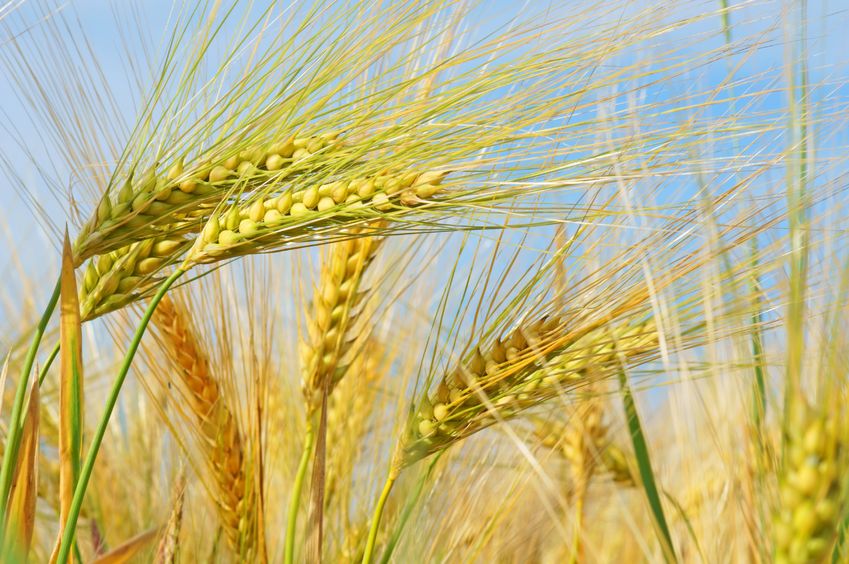
This summer's drought has led to a significant drop of total EU cereal production, estimated at 8% below the last five-year average.
EU total cereal production for 2018 is expected to be at 284.3 mt, a decrease of 5% compared to 2017/18 and of 8% compared to the last five-year average.
Wheat harvest has suffered the most from this summer’s dry conditions, leading to a decrease of 9% compared to 2017. The wheat production forecast is set at 129 mt for 2018, according to the European Commission report.
Consequently, EU cereal prices have peaked during August reaching levels higher than last year, with for example an extra €50 (£44) per tonne for wheat and an added €60 (£53) per tonne for barley.
EU sugar production should be lower than last year’s record levels, forecasted at 19.2 mt for 2018/19 compared with 21.1 mt for 2017/18. However, significant world sugar surpluses are keeping prices low.
The dry and hot climatic conditions also influenced the milk and dairy sector due to the significant reduction in grassland growth and fodder production.
The increase in EU milk collection is lower than expected, with a forecast of 166.6 mt for 2018, leading to an increase of 0.6% compared to 2017.
As for the meat sector, beef production is growing more than anticipated due to a reduced suckler cow herd in most member states, and a shortage of fodder linked with the drought, bringing forward slaughtering. The net beef production for 2018 is forecasted at 8 mt, 1.6% higher than in 2017.
Poultry production is also growing, expected to reach 14.9 mt in 2018 in comparison with 14.6 mt in 2017. This rise is linked with the recovery from last year’s bird flu, but also a drop in imports from Brazil, which is keeping EU prices high. As for pigmeat, ample supply is keeping prices down.
The report follows the release of the NFU's annual harvest survey, which shows mixed results across the UK arable sector leading to calls for better volatility management from Government.
